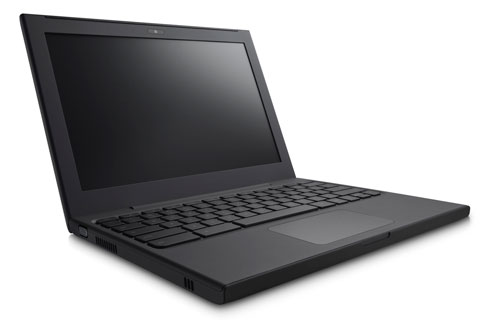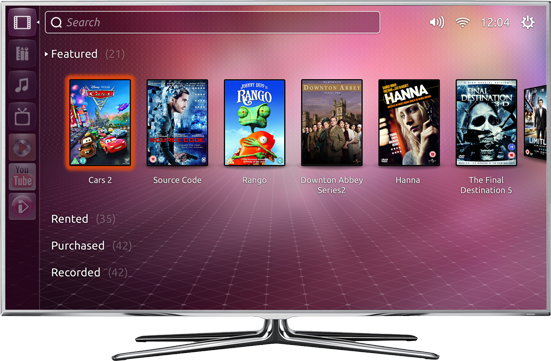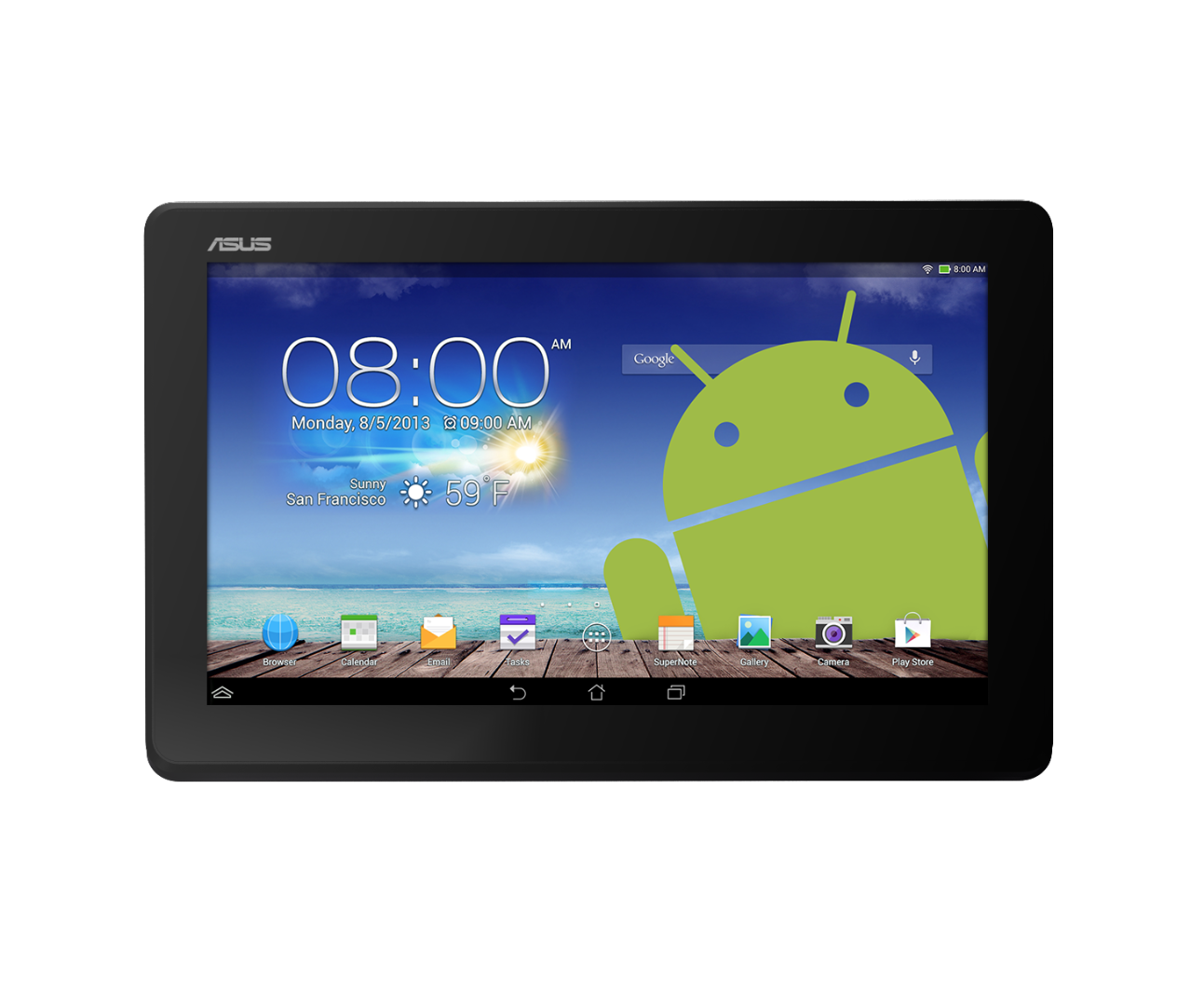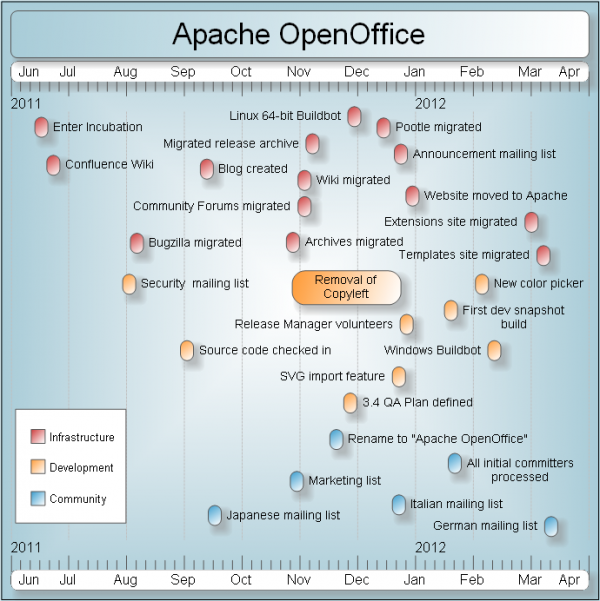The Cr-48 is Google’s cloud-based notebook computer. It was announced just this week, and is being made available to a select few. In computer-speak, it is still in beta status, with the stable version expected sometime next year.
Other than through screenshots from other bloggers and from the official website, I have not actually seen the Cr-48. However, handling the real product, in this case, is not as important as knowing its Terms of Service, which Erica Naone has written about here. The most important points in that service agreement that Erica noted are:
- Google reserves the right to remotely disable or remove any app or extension that it decides violates its developer terms or legal agreements. This means the Web giant can effectively reach out and pluck something off your computer if it thinks its questionable.
- If Google disables access to your account, or it gets hacked, you will lose access to your files and other content in your account. That seems like a pretty serious concern.
- And there are lines in the terms of service about advertising–Google reminds the user that some of its services are supported by ad revenue, and it may use information stored, queries made, and “other information” to target those ads. It also reserves the right to display those ads to you.
Knowing that these are part of the service agreement, why would anyone want to own a Cr-48? I understand that a significant percentage of potential buyers will not care, but I do, and that is why I will never own one, when it goes on sale. Not that Google’s executives care one bit whether a blogger buys their latest gadget or not, but it’s about my privacy, not theirs. There is a place for cloud computing and cloud computing hardware, but not when I have to surrender my privacy and data unnecessarily.
If the Cr-48 will be the only game in town when it becomes commercially available next year, I can understand a need to use it, but it will not be the only game in town. Non-cloud computers will still be available. You will still be able to use them for the same tasks as now, and most of them will be more powerful than the Cr-48. I sincerely believe that computing, for the most part, is best done locally, especially when there is no need to do otherwise. If you care about your privacy and how a third party accesses and uses your data, then be sure to read the service agreement of any cloud-based service before you use it. A service agreement like the Cr-48’s and Jolicloud’s, a cloud-based Linux distribution (release 1.1 has been reviewed here), is all the excuse I need to avoid them.
Erica’s concluding statement sums up the point I am trying point: “The Cr-48 is beautiful, but it’s worth remembering that using it could have consequences for your data and how you can access it.“








nice article
Nice article! Thanks for sharing.
Do you not find it ironic that you complain about Google’s use of advertising? Take a look at this page. It’s plastered with ads. Ironically, the paragraph you complain about ads in is followed by an advertisement which takes up more real estate than the paragraph itself!
It should also be noted, that Google will already use this data to track you when browsing the web in any browser. That’s just how things work.
Well lucky for you the CR-48 will not be a retail device. It’s a test system for the Chrome OS, not a beta hardware offering. The point is to get Chrome OS working well and then to let major computer manufacturers build the systems for it. Your argument may be valid, but you are clearly misinformed about the point of the CR-48 project.
I do not see what difference it makes who builds the system. The Terms of Service will still be the same.